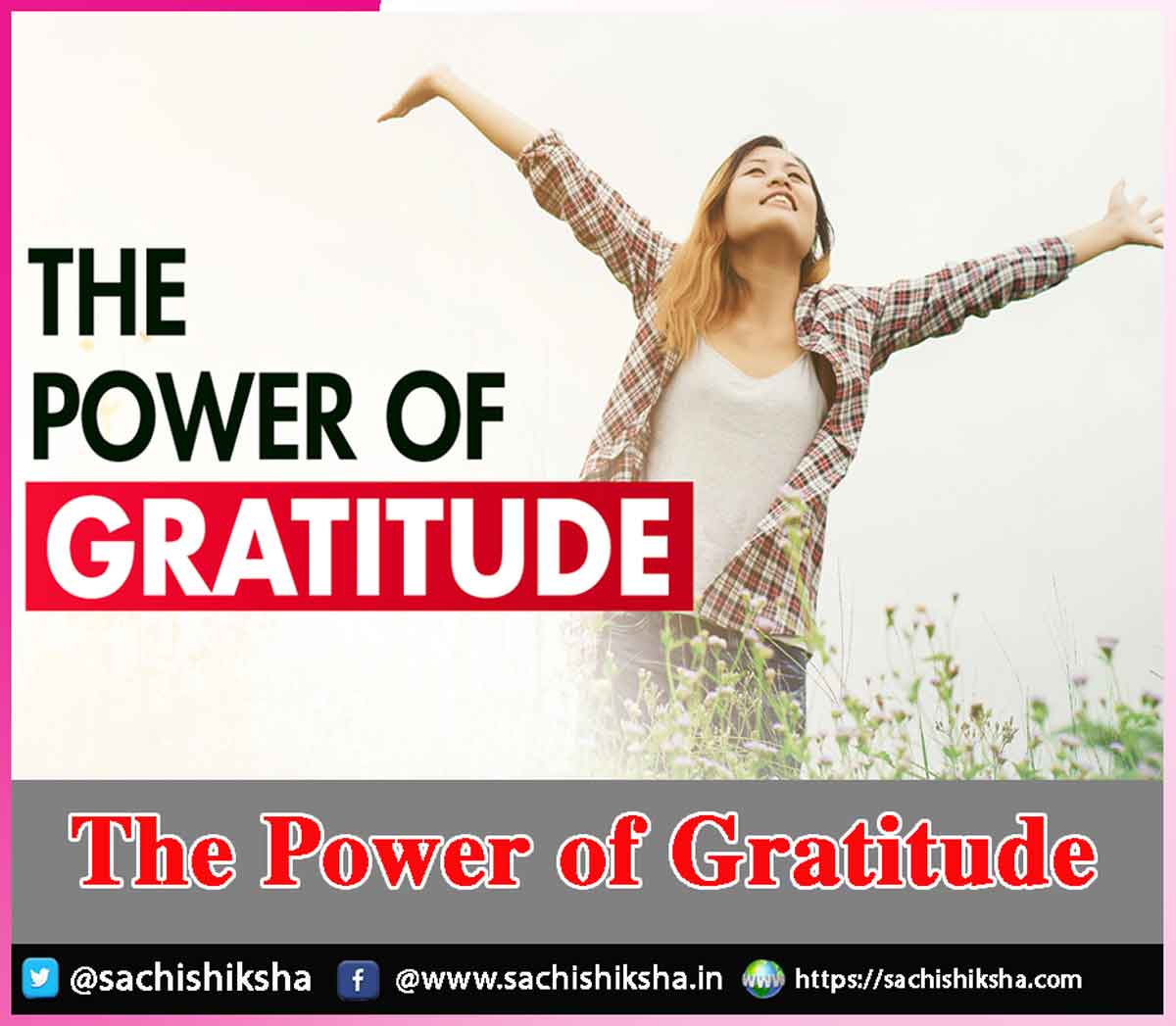The Power of Gratitude
Introduction: Gratitude is more than just saying “thank you.” It is a mindset, a conscious choice to focus on the good in our lives rather than what is lacking. When we practice gratitude, we shift our attention from problems to possibilities, from frustration to appreciation. This simple act of acknowledgment can transform not only our mood in the moment but our entire outlook on life.
Table of Contents
Recognizing the Value of Every Moment

Profound Impact on Mental Health
Psychologists have found that gratitude has a profound impact on mental health. People who regularly practice it often experience reduced stress, less anxiety, and greater overall happiness. This happens because gratitude rewires the brain to notice the positives. Instead of being stuck in cycles of worry or comparison, we train ourselves to recognize joy in the present. In fact, keeping a gratitude journal-writing down just three things you are thankful for each day- has been shown to improve mood and resilience over time.
Strengthens Relationships
Gratitude also strengthens relationships. When we express appreciation for others, it fosters connection and trust. A simple, sincere “I’m grateful for you” can make someone feel valued and seen. In workplaces, gratitude between colleagues creates a more positive and cooperative environment. In families, it builds bonds of warmth and mutual respect. Whether it’s acknowledging a partner’s kindness or thanking a friend for their support, gratitude reminds people that their efforts matter.
As a Lifeline in Moments of Challenge
One of the most remarkable aspects of gratitude is that it can be practiced even during difficult times. In fact, it becomes even more powerful in moments of challenge. When life feels heavy, focusing on small sources of comfort or hope can act as a lifeline. It doesn’t mean ignoring pain or pretending problems don’t exist, it means finding strength by remembering that not everything is lost. This perspective can help us endure hardships with grace and patience.
Encourages Humility
Moreover, gratitude encourages humility. It helps us see that we are not entirely self-sufficient, our achievements are often built on the contributions of others. Recognizing this interconnectedness nurtures compassion. When we understand how much we owe to the kindness, guidance, and support of others, we become more willing to give back in return.
Improves Physical Health
On a physical level, gratitude can even improve health. Studies have linked it to better sleep, stronger immunity, and lower blood pressure. This may be because grateful people tend to have lower levels of stress hormones and higher levels of feel-good neurotransmitters like dopamine and serotonin. The mind-body connection is powerful, and gratitude is one way to nurture it.
How to Cultivate Gratitude?
To cultivate gratitude, we can start small. Begin each morning by thinking of one thing you appreciate. End each day by reflecting on a positive moment, no matter how minor. Express your thanks to someone, in person or through a note. Avoid taking things for granted, pause and truly savour them. Over time, these small practices add up, changing how we see the world.
Conclusion
Ultimately, the power of gratitude lies in its ability to shift perspective. It transforms ordinary moments into blessings. It helps us live more fully in the present, with an open heart and a generous spirit. In a world often focused on scarcity and competition, gratitude reminds us that joy grows when we appreciate what is already ours.
When we choose gratitude, we choose a life that is richer, not in possessions, but in meaning, connection, and peace. It is a quiet, steady force that can light even the darkest days. And the best part? The more we practice it, the more reasons we find to be grateful.












































